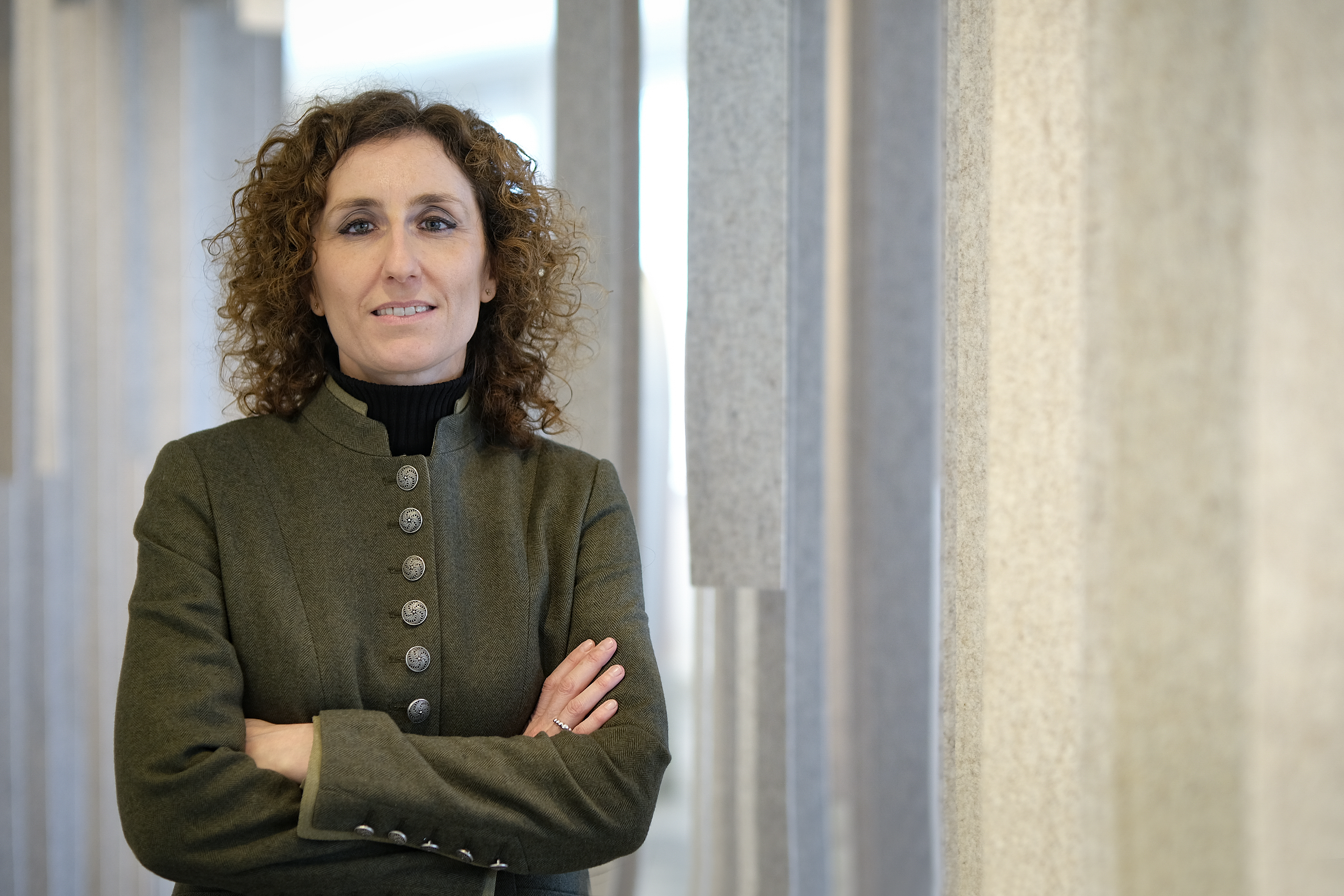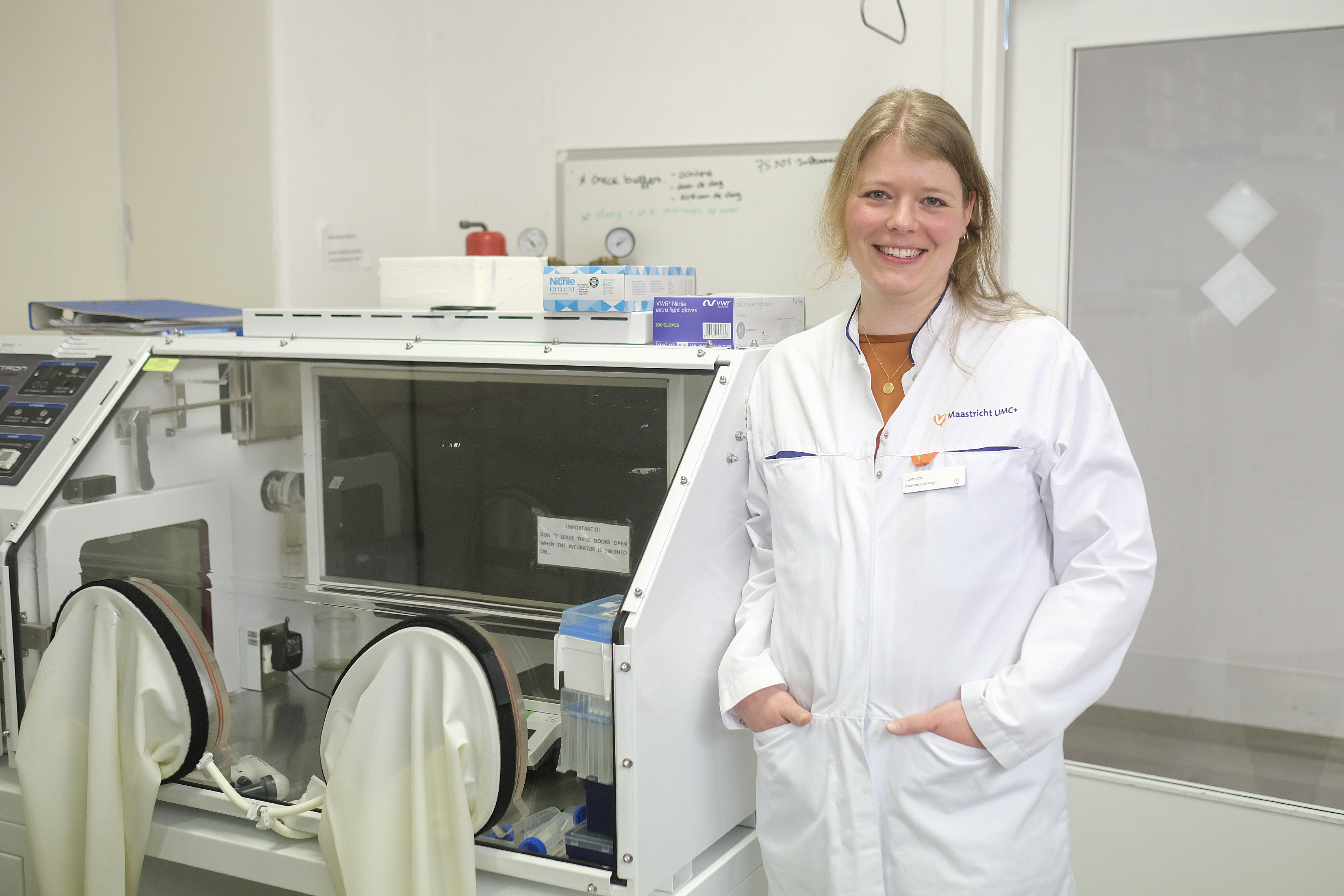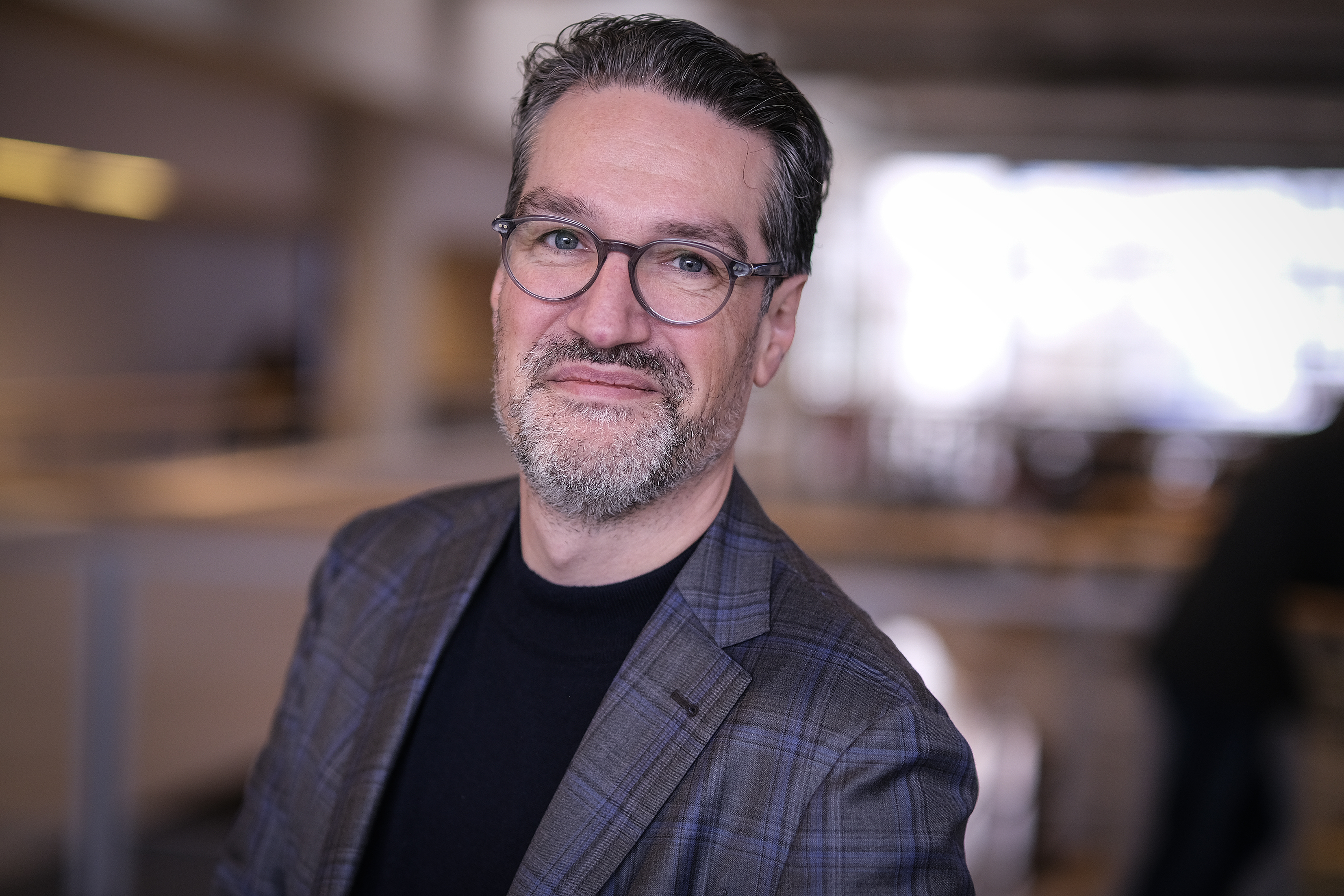Collaborative learning at the heart of the revised Bachelor of Medicine
The bachelor’s programme in Medicine at Maastricht University is undergoing a major overhaul. Not only will its curriculum be brought into line with the latest societal and medical developments, but its teaching method will also change. The students who started the English track of the Bachelor of Medicine last year were the first to be introduced to the new system. The Dutch-language programme will follow later, explains programme coordinator Sylvia Heeneman.
Every year, 320 students start UM’s Bachelor of Medicine after a selection procedure. A maximum of 60 are admitted to the English track. These students are serving as the guinea pigs for the new version of the programme.
Diligence
Sylvia Heeneman protests the use of the term ‘guinea pigs’, which she feels has negative connotations. “This has been in the works for years”, she says. “You can’t just up and change a curriculum or the teaching method. Many disciplines and experts are involved; diligence is paramount. The goal is to adapt the programme to new insights in the field of educational methods and design, and based on our experiences of teaching and assessment in other programmes. We update the curriculum every 10 years to place more emphasis on latest developments in prevention, for example, or new disorders and treatments. In this latest revision, we’ve also reviewed the teaching method itself.”
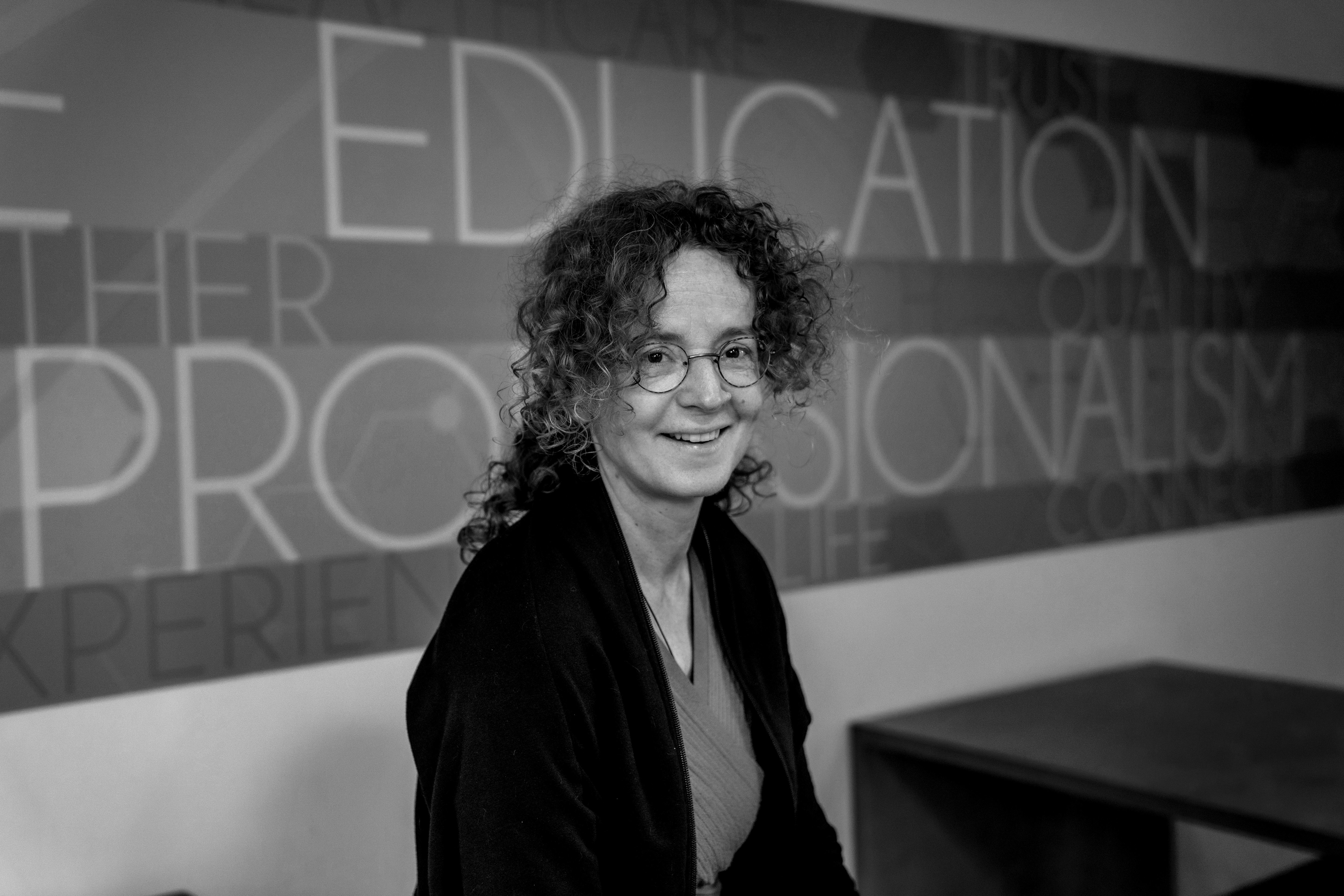
Sylvia Heeneman
Sylvia Heeneman studied Health Sciences at UM and spend over 15 years at UM doing biomedical research, including a PhD in Vascular Pathology. Ten years ago she completed the Master in Health Professions Education and made a transition to educational research and management. Currently she is a professor in Health Professions Education, and programme coordinator of the Bachelor of Medicine.
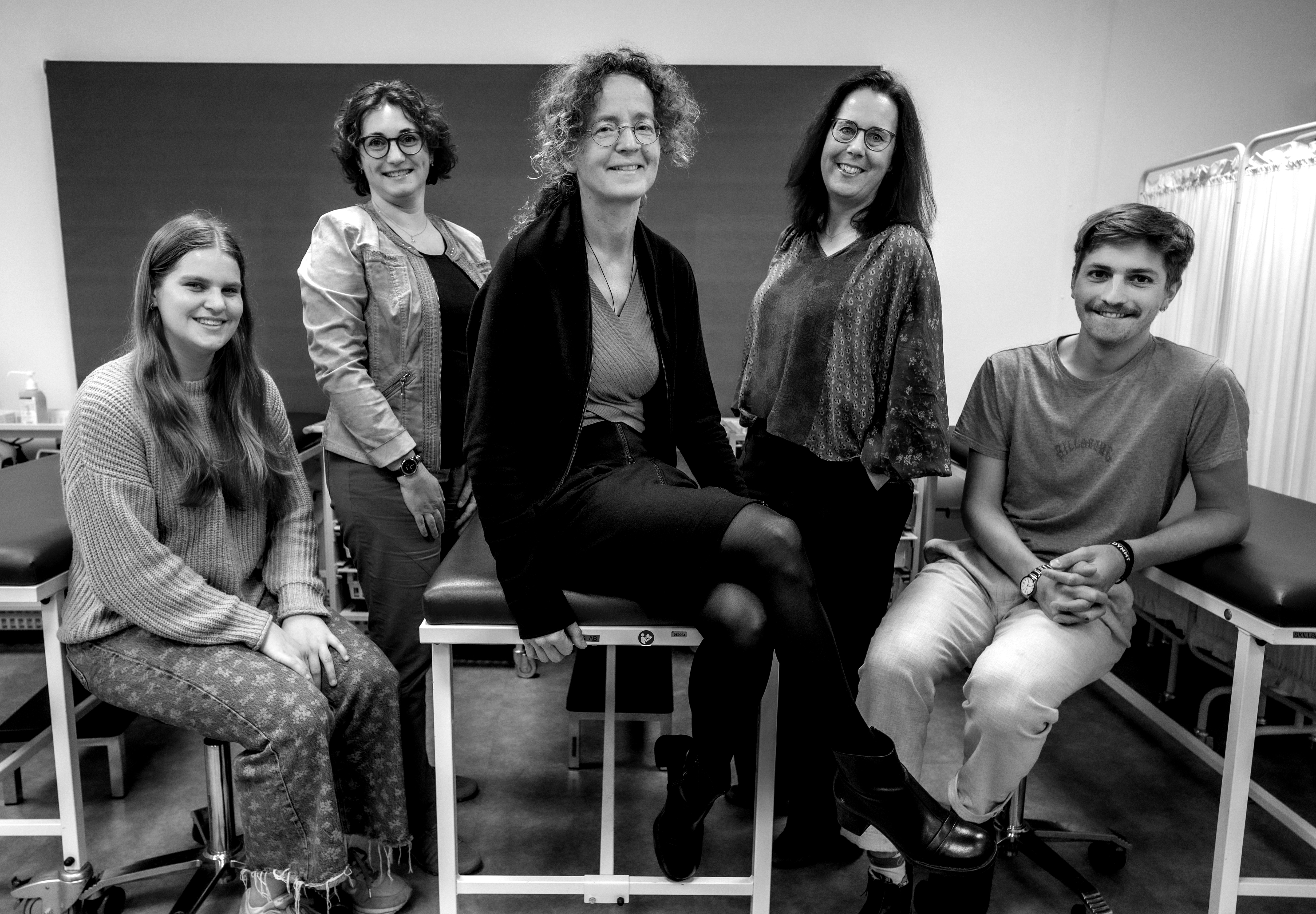
Profound
Heeneman studied Health Sciences and obtained her PhD at UM. She was involved in the design of the Physician–Clinical Investigator (A-KO) master’s programme in 2007 and has over 25 years of experience as a teacher and researcher. Together with her colleagues Judith Sieben, Loes van Bokhoven and the curriculum board, she reviewed the teaching method used in the medical programme. “The changes are quite profound”, she says. “That’s why we implemented the new system in the English track first. As it has about 50 students, it’s easier to organise and evaluate. If all goes well—and we’re all working hard to ensure that it does—the Dutch-language bachelor’s will follow in one or two years.”
Better teams
What does she mean by ‘profound’? “In the new system, learning teams of 10 students work together with the same coach for a year. Teaching is based on an authentic professional task, like how to take care of a person found unconscious on the street. Learning teams meet weekly to work on all possible aspects and learning outcomes of the task, supported by teaching and learning activities such as skills labs, workshops and assignments. The students are new to working with the same group for a whole year. They’re used to course periods of eight weeks, each focusing on a specific topic and taught by a different tutor. We’ve seen that working together over a longer period helps students become well-functioning teams, as they come up with solutions together if things aren’t running smoothly. The contact with their coach is more intensive. And they must address conflicts that may arise; they can’t just wait it out for eight weeks.”
Assessment
The second profound change concerns the assessment method. Usually, each eight-week course period ends with an exam. “In the new system, students are responsible for collecting information and feedback on their performance in a portfolio. They receive feedback from peers, teachers and their coach. There are self-evaluation tests they can take to identify any gaps in their knowledge. The emphasis is on learning, rather than studying for a grade, and they have to adjust their learning trajectory themselves if they need to pay more attention to this or that skill, for example. The Progress Test is still part of the portfolio; it’s a good way of measuring knowledge. The coaches play an important role in supervision, self-management and professional development. They get to know their students well and have a good sense of their progress. At the end of the academic year, they give an advice to the assessment committee who decides whether students have achieved the learning outcomes.”
Coaches
In sum, Heeneman says, it’s all about collaborative and self-regulated learning. “These are two important principles of Problem-Based Learning—the teaching method that has proven its worth in Maastricht—and taken one step further. And not just for the students. Coaches will also have more contact with one another. The medical programme currently has many tutors. In the new system, we’ll have a smaller, core group of coaches, whom we can train and support, and who can learn from one another.”
Evaluation
In June, the students of the English track will complete their first year of the new and revised Bachelor of Medicine. The initial feedback from both students and coaches has been constructive and positive, Heeneman says. “Obviously, we’ve been conducting evaluations. I think we’re making good progress towards a great programme.”
Text: Jos Cortenraad
Photography: Harry Heuts
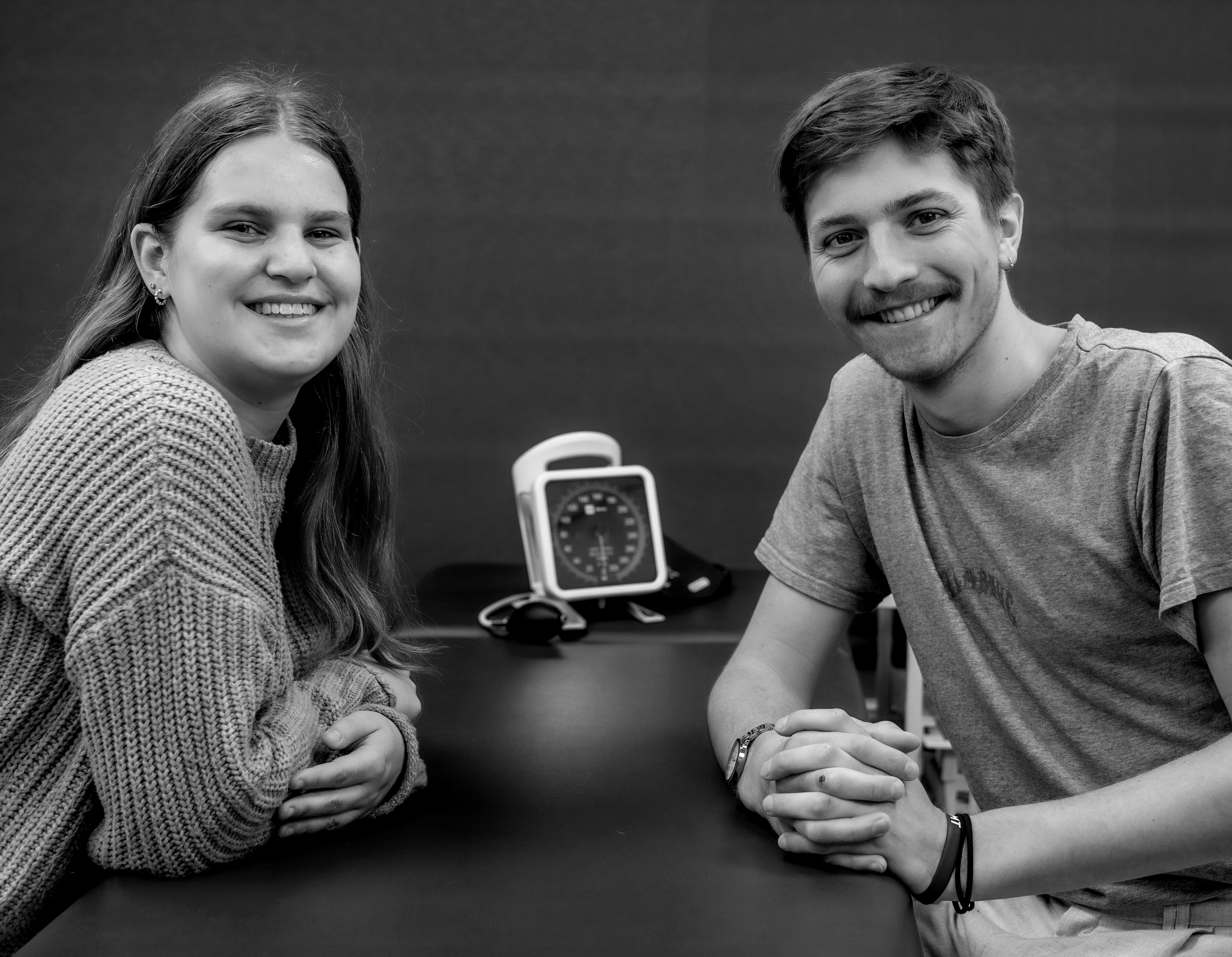
Mirthe van Puijenbroek: Easier communication
Mirthe van Puijenbroek had the opportunity to choose between the Dutch bachelor’s programme and the new Bachelor of Medicine – English track. She chose the latter, “mainly because English is the language of instruction”, she says. “I spent a year in the US, and I feel this English track will give me more opportunities abroad at organisations like Doctors Without Borders. It will make it easier for me to communicate with colleagues and pick up the medical jargon.”
Van Puijenbroek’s enthusiasm has only grown since the programme began. “We work in teams of students with different backgrounds and nationalities. We’re learning a lot about health systems in other countries. The curriculum is also very practical and we’re assessed on the basis of our portfolios. Presenting, writing essays, acting in real-life situations—everything is so interesting, and I think this method helps us retain more information than studying for exams. I’m happy with my decision.”
Jonas Flöter: International character
After completing a bachelor’s in medical engineering, Jonas Flöter applied for the Bachelor of Medicine - English track in Maastricht. “During my studies, I realised that a purely technical job isn’t for me. There’s nothing wrong with staying put and working on innovations with a couple of colleagues, but it isn’t what I want to do for the rest of my life. I wanted to stay in the medical field but go out into the world, meet lots of people. I was already considering studying medicine in Groningen when I came across this programme. I applied immediately. We have students from something like 15 different nationalities. Everyone has their own background and their own story. I find that fascinating.”
Also read
-
Berta Cillero Pastor is an Associate Professor and group leader at the MERLN Institute for Technology-Inspired Regenerative Medicine. Her research is centred around mass spectrometry (imaging) to gain insights into molecules in cells and tissues for biomedical research. With this technique, changes...
-
On February 8, 2024, Ziemons received her PhD from Maastricht University for the dissertation “The role of the gut microbiota in human cancer, the power of an equilibrium". This dissertation is the result of Ziemons' research on the role of the microbiota in cancer – colorectal cancer but also...
-
Last November, Rory Koenen delivered his inaugural lecture following his appointment as a professor in 2023 at the research institute CARIM. The chair he holds is "Biochemistry of Vascular Inflammation and Thrombosis," and Rory's research can be best described as the quest to understand the role of...
